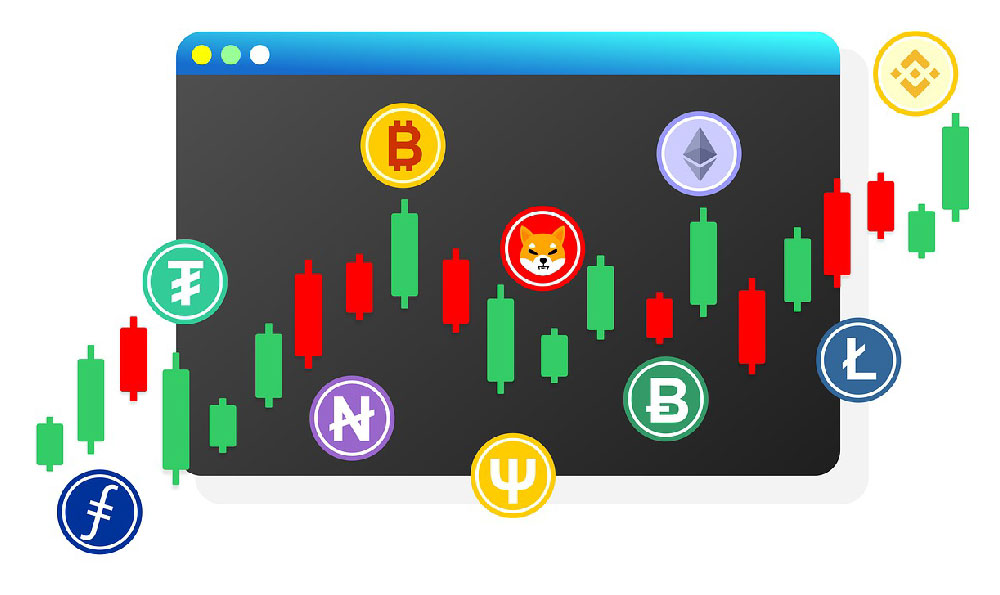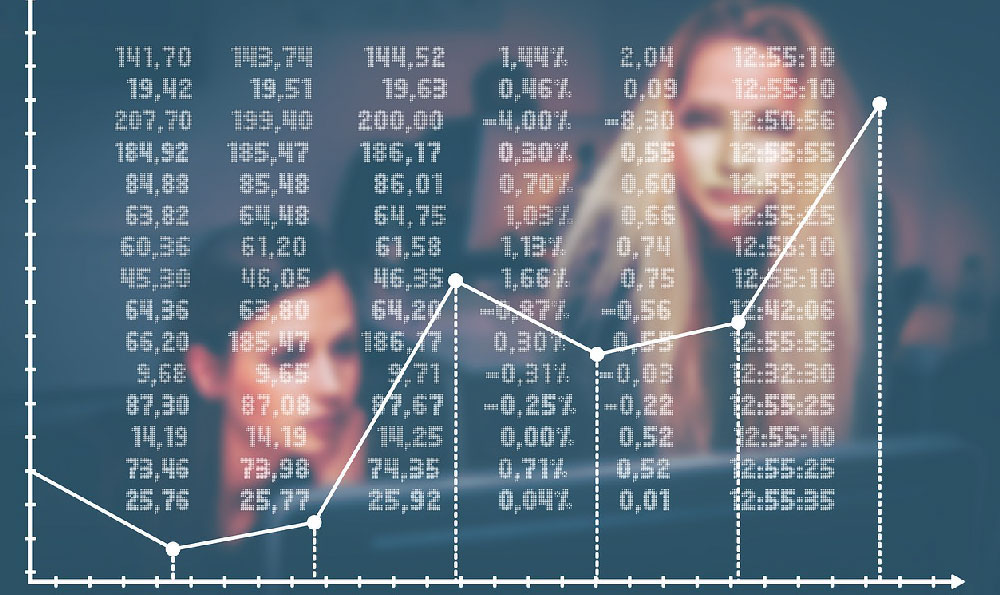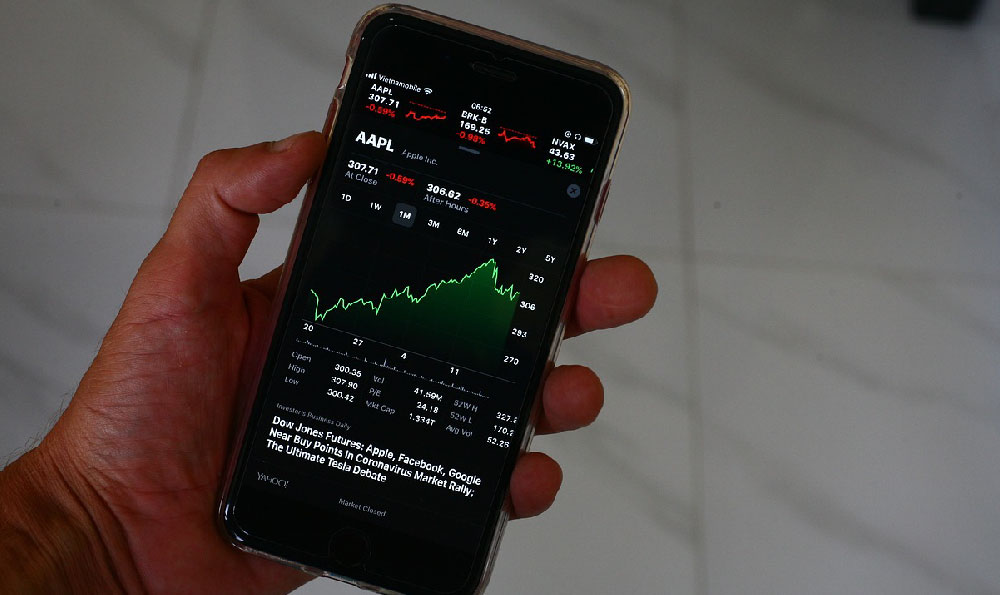Okay, I understand. Here's an article addressing the question of investing in the stock market right now, avoiding bullet points, numbered lists, and similar structural elements. I will aim for a comprehensive, narrative-driven explanation.
Is Investing in the Stock Market Right Now a Good Idea?
The question of whether to invest in the stock market "right now" is one that plagues investors of all experience levels. It’s a query loaded with anxiety and anticipation, a constant tug-of-war between the potential for future gains and the fear of immediate losses. There’s no universally correct answer, as the suitability of stock market investment hinges on a complex interplay of individual circumstances, risk tolerance, investment horizon, and a clear-eyed assessment of prevailing market conditions.

Before diving into the specifics of the current market environment, it's essential to establish a few fundamental principles. Investing in the stock market is, by its very nature, a long-term endeavor. Trying to time the market – that is, attempting to buy low and sell high by predicting short-term fluctuations – is a strategy that historically yields poor results for most investors. The market is notoriously unpredictable, and even seasoned professionals struggle to consistently outperform it over extended periods. Therefore, a "right now" mentality should ideally be replaced with a more strategic, long-term perspective.
Consider your personal financial situation. Do you have a solid emergency fund that covers at least three to six months of living expenses? Are you carrying high-interest debt, such as credit card balances? If the answer to either of these questions is no, then prioritizing these areas should take precedence over investing in the stock market. Building a financial safety net and eliminating high-cost debt provides a more secure foundation upon which to build your investment portfolio. Investing while burdened with debt can be counterproductive, as the returns from your investments may not outweigh the interest you are paying on the debt.
Next, honestly assess your risk tolerance. The stock market can be volatile, meaning that prices can fluctuate significantly over short periods. Are you comfortable with the possibility of seeing your investment values decline, potentially substantially, without panicking and selling at a loss? If you are easily rattled by market downturns, a more conservative investment strategy, such as investing in bonds or other lower-risk assets, may be more appropriate. It’s crucial to choose investments that align with your psychological comfort level, as making emotional decisions based on fear or greed is a common pitfall that leads to poor investment outcomes.
With these personal considerations in mind, we can then turn to evaluating the current market conditions. Are we in a bull market, characterized by rising prices and investor optimism? Or are we in a bear market, marked by declining prices and widespread pessimism? It's important to note that even within a bull or bear market, there will be periods of volatility and uncertainty. News events, economic data releases, and geopolitical developments can all trigger market reactions, both positive and negative.
Currently, analyzing the market requires a nuanced approach. Interest rates, inflation, and geopolitical instability each play a significant role. Rising interest rates, for instance, can put downward pressure on stock prices as borrowing costs increase for companies, potentially impacting their profitability. Inflation erodes purchasing power and can lead to consumers cutting back on spending, which can also affect corporate earnings. Geopolitical tensions can create uncertainty and disrupt supply chains, leading to market volatility.
However, it's equally important to remember that economic indicators are often lagging, meaning that they reflect past performance rather than predicting future outcomes. The market is forward-looking, and investors are constantly trying to anticipate future trends. This means that stock prices can sometimes move in unexpected directions, seemingly disconnected from current economic data.
One strategy that can help mitigate the risks of investing in a volatile market is dollar-cost averaging. This involves investing a fixed amount of money at regular intervals, regardless of the market price. When prices are low, you'll be able to buy more shares, and when prices are high, you'll buy fewer shares. Over time, this can help to smooth out your returns and reduce the impact of market fluctuations. Dollar-cost averaging is particularly effective for long-term investors who are less concerned about short-term market movements.
Furthermore, diversification is crucial. Don't put all your eggs in one basket. Spread your investments across different asset classes, industries, and geographic regions. This can help to reduce your overall risk and improve your chances of achieving your investment goals. Consider investing in a mix of stocks, bonds, real estate, and other assets. Within the stock market, diversify across different sectors, such as technology, healthcare, and consumer discretionary.
Ultimately, deciding whether to invest in the stock market "right now" is a personal decision that requires careful consideration of your individual circumstances, risk tolerance, and investment goals. There's no foolproof formula, and even the most experienced investors make mistakes. However, by following a disciplined approach, focusing on the long term, and diversifying your portfolio, you can increase your chances of success and achieve your financial objectives. Avoid the allure of get-rich-quick schemes and instead prioritize building a solid, sustainable investment strategy that aligns with your values and risk appetite. Seek advice from a qualified financial advisor if you need personalized guidance.












